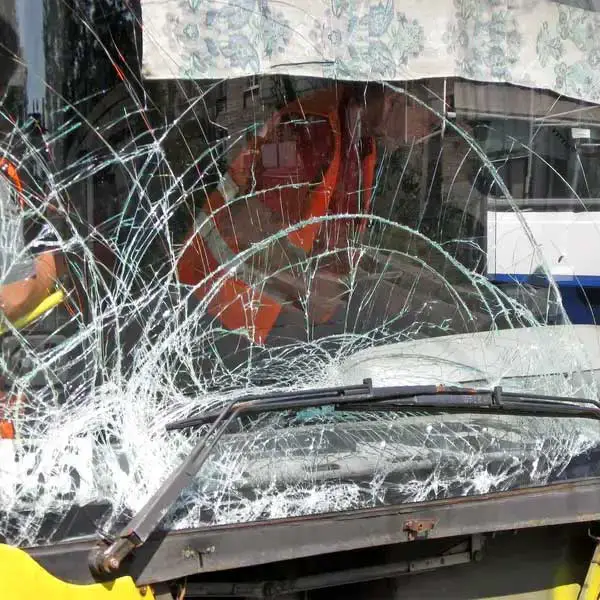A catastrophic accident took the lives of 28 Pakistani pilgrims when their bus overturned in Yazd, a central province in Iran on the evening of August 21, 2024.
The group of pilgrims were on their way to Karbala, Iraq to attend Arbaeen, a significant religious event in Shia Islam. The bus was transporting 51 passengers, primarily residents from the Sindh province in southern Pakistan.
The accident injured another 23 people, underscoring the continuing issue of road safety in Iran, a country known for its substandard traffic safety record.
While traveling the hilly routes of Yazd, the bus experienced a mechanical fault in its braking system, causing the driver to lose control. The bus veered off the road, rolled over, and subsequently went on fire.
An initial investigation by Iranian authorities indicated that the accident was worsened by the driver’s unfamiliarity with the route and the high speed of the bus. “The brake failure and the driver’s inexperience with the road were major factors in the accident,” a local traffic police official stated.
Among the deceased were 11 women and 17 men, with 14 of the injured in critical condition. The victims had embarked on this pilgrimage as a profound act of faith, only for it to end in such a tragic manner.
The Pakistani government, through its consulate in Zahedan, Iran, is actively working to bring back the bodies and provide necessary medical aid to the survivors. Pakistani Prime Minister Shehbaz Sharif extended his condolences to the grieving families and hoped for a quick recovery for the injured. “We mourn the loss of our brothers and sisters who embarked on a sacred journey but met with an untimely death,” the Prime Minister said in a public statement.
The Arbaeen pilgrimage is one of the world’s largest annual gatherings, attracting millions of Shia Muslims to Karbala to mark the 40th day of mourning for Imam Hussein, the grandson of Prophet Muhammad, who was martyred in the Battle of Karbala in 680 CE. This religious event attracts pilgrims from around the world, many of whom choose to travel great distances by bus or on foot to reach the sacred city. However, the routes to Karbala, especially through Iran, are often dangerous, and accidents are not rare during this period.
Iran records one of the highest rates of traffic-related deaths worldwide, with about 17,000 people perishing in road accidents each year. These figures are attributed to lax enforcement of traffic laws, unsafe vehicles, and insufficient emergency services in rural areas. The United Nations has participated in initiatives to improve road safety in Iran, but progress has been slow.
In the wake of the accident, the Iranian government extended its condolences to the Pakistani government and the victims’ families. “We are deeply saddened by this tragic incident and are committed to ensuring that the survivors receive the best possible care,” affirmed a spokesperson from Iran’s Ministry of Foreign Affairs.
Following the crash, local authorities and emergency services rushed to the scene to help the injured and recover the bodies. Pakistani consular officials were present to coordinate the repatriation efforts and offer support to the affected families. The injured passengers were taken to local hospitals, with some requiring intensive care due to the severity of their injuries.
As the investigation continues, there is an increasing demand for stricter regulations and enhanced safety measures to avoid such incidents in the future. The recurrent nature of these accidents has prompted questions about the efficacy of current safety protocols and the need for stricter enforcement of vehicle safety standards, especially for long-distance travel on challenging terrains.

